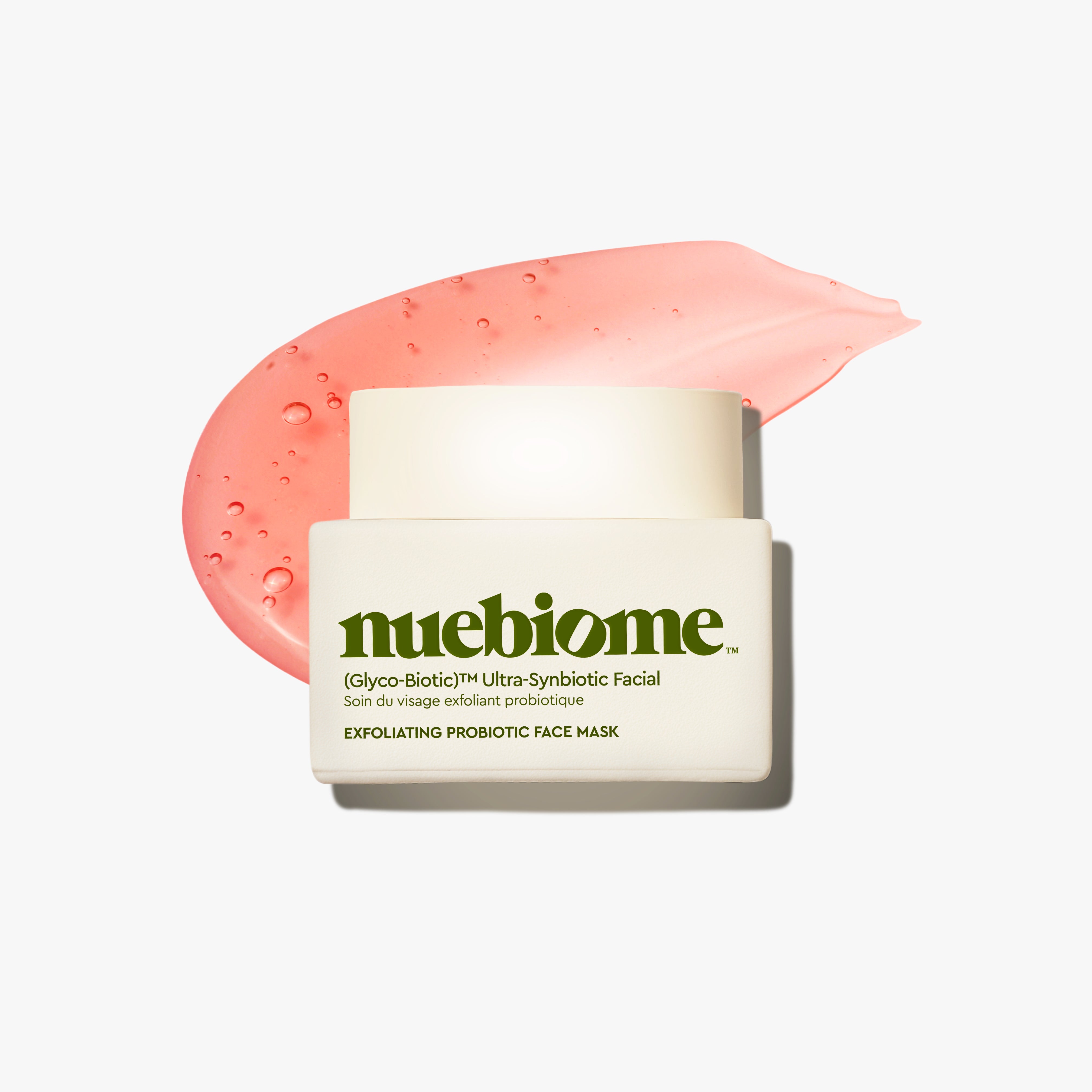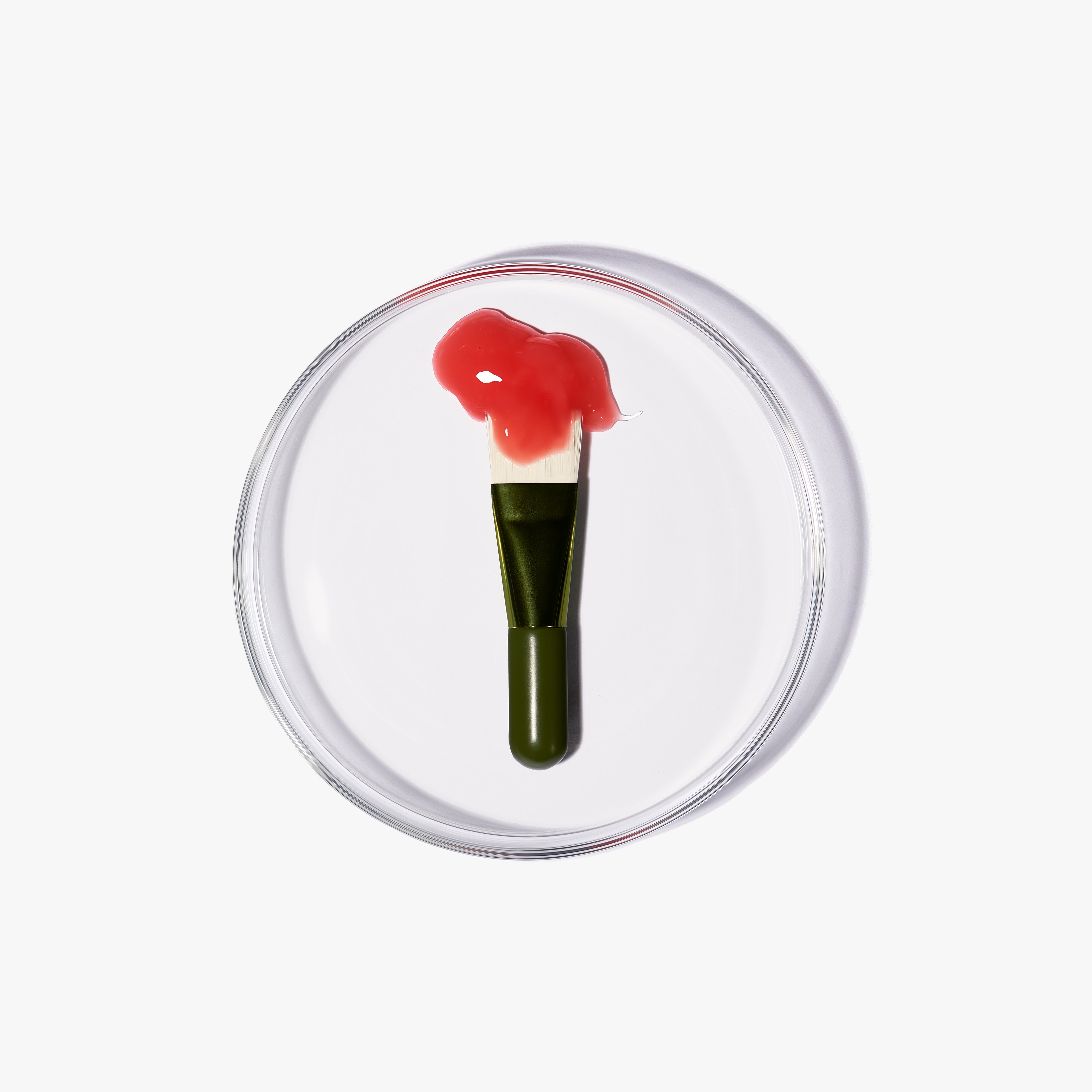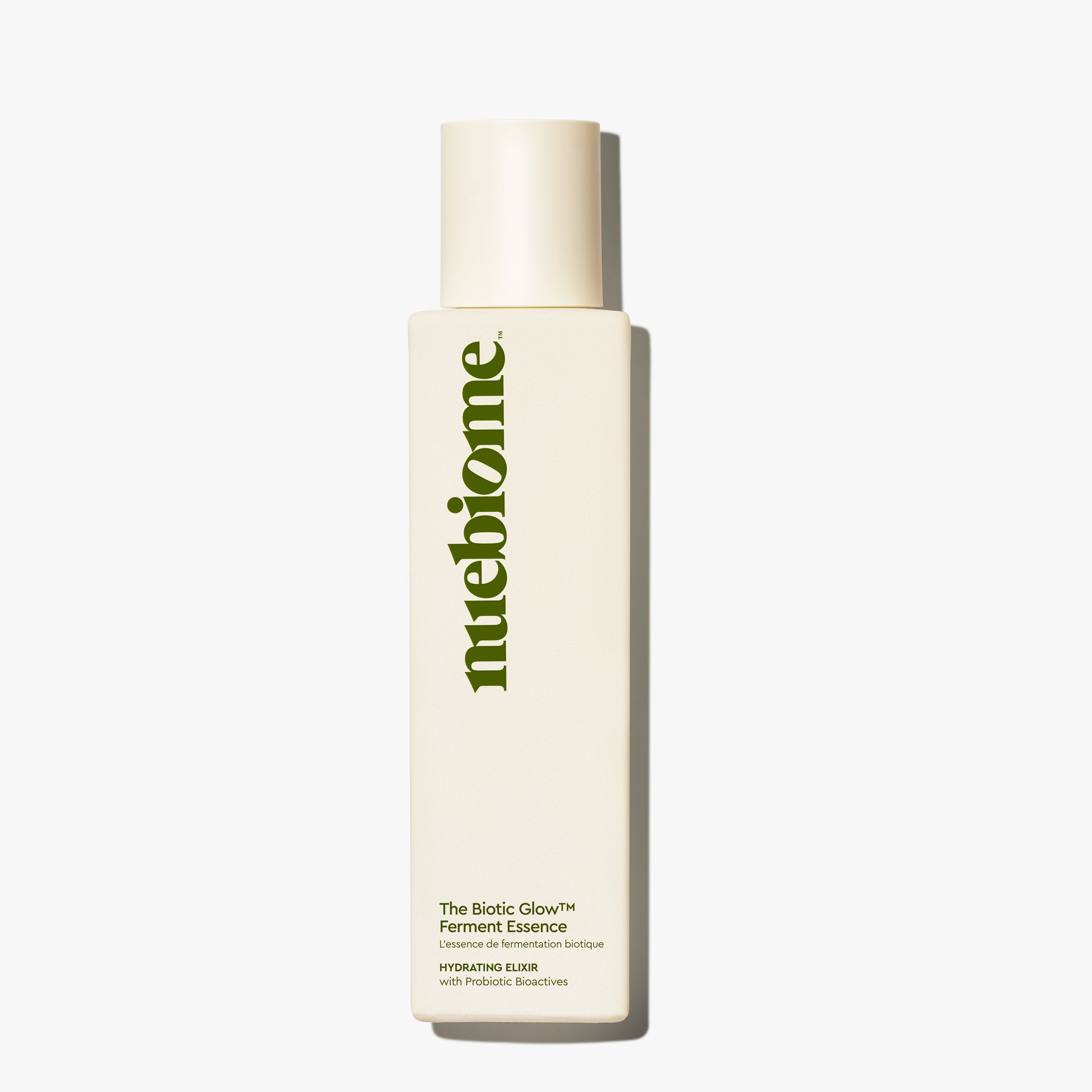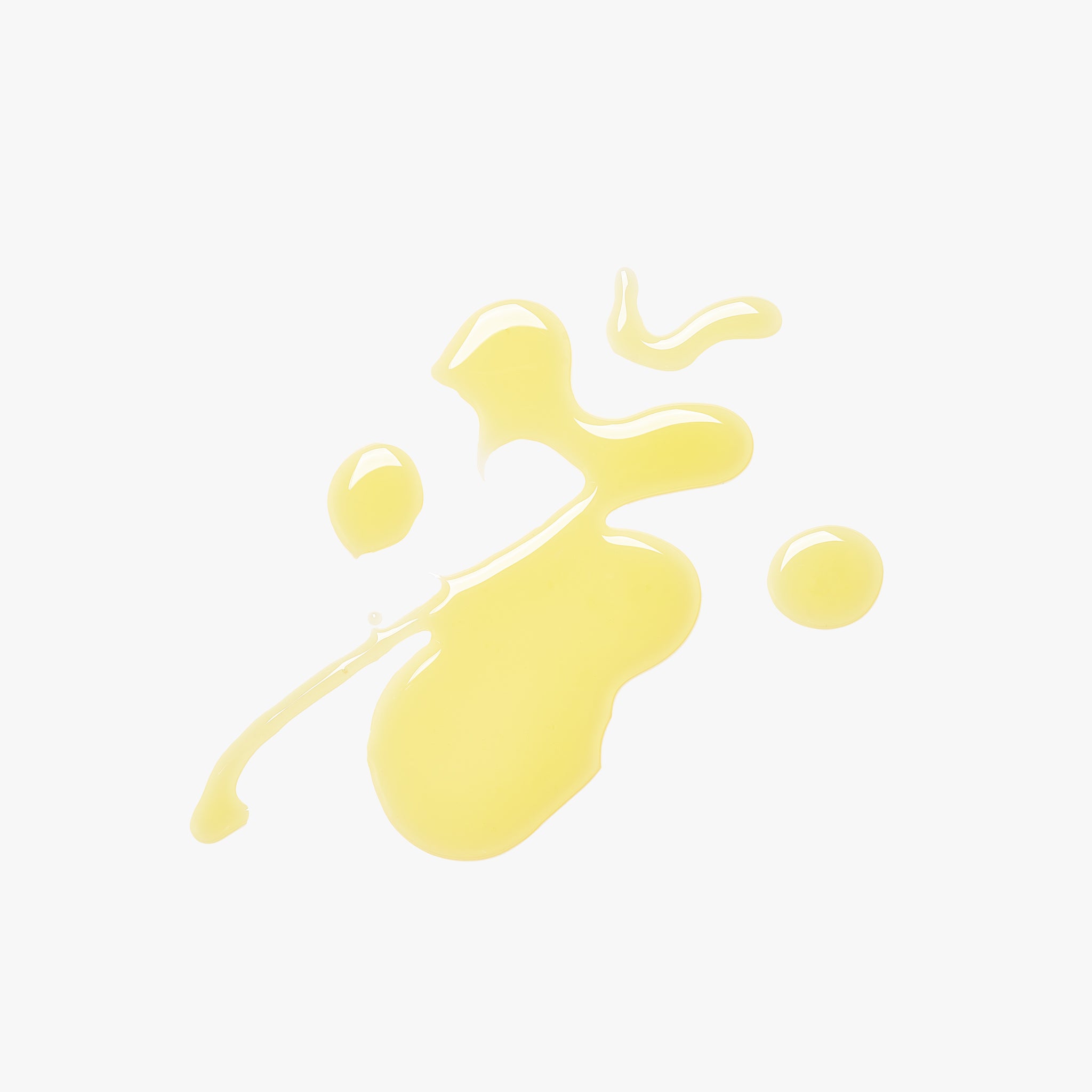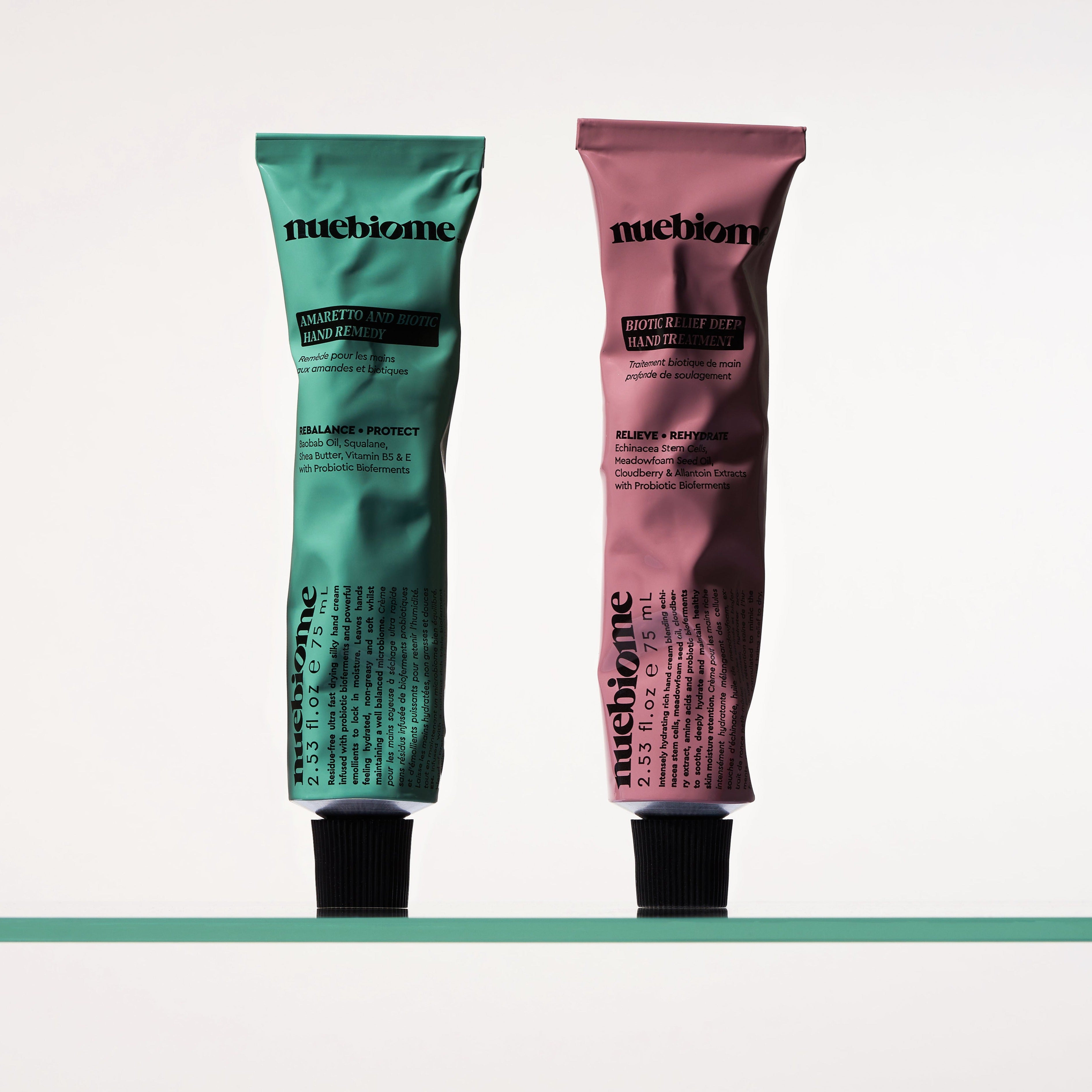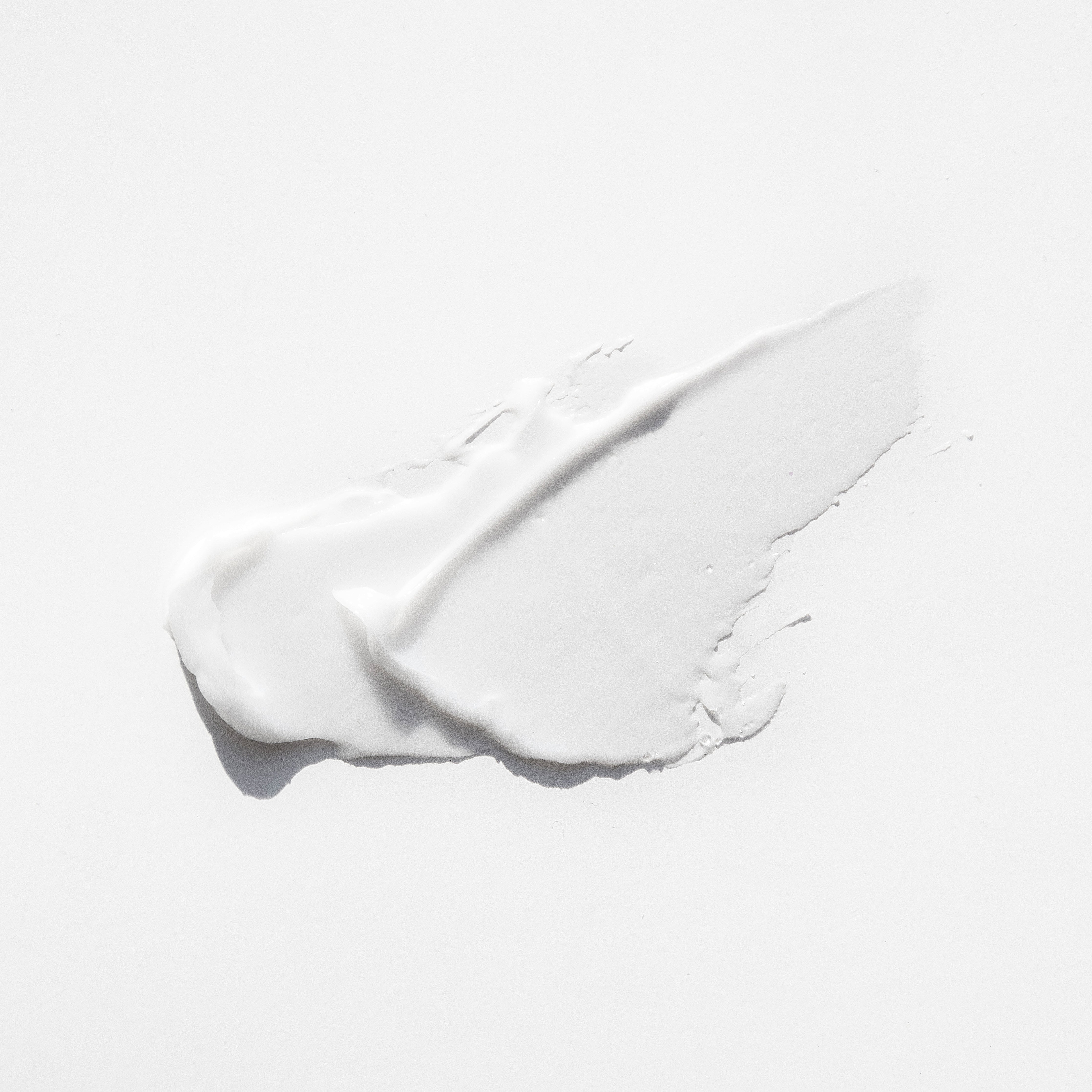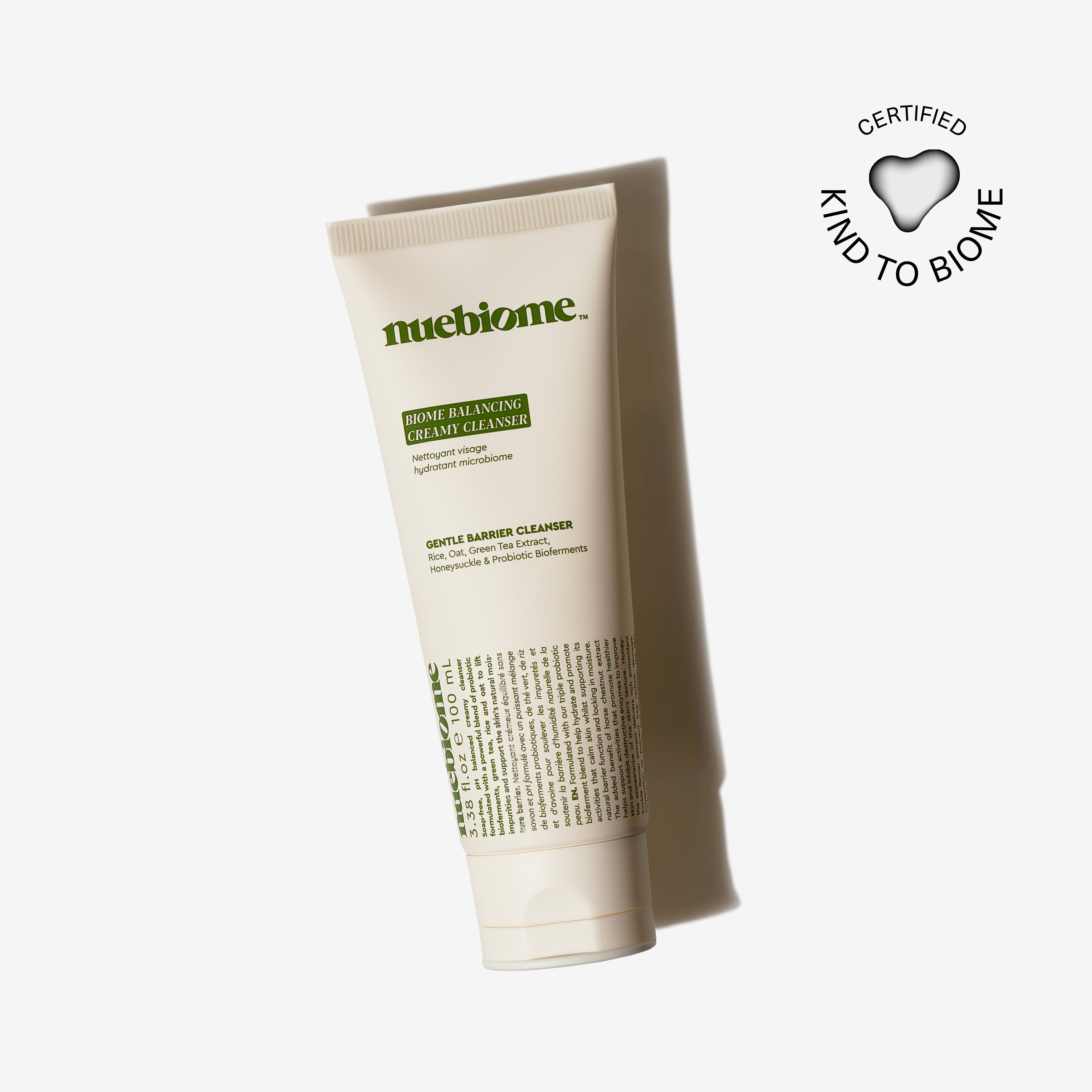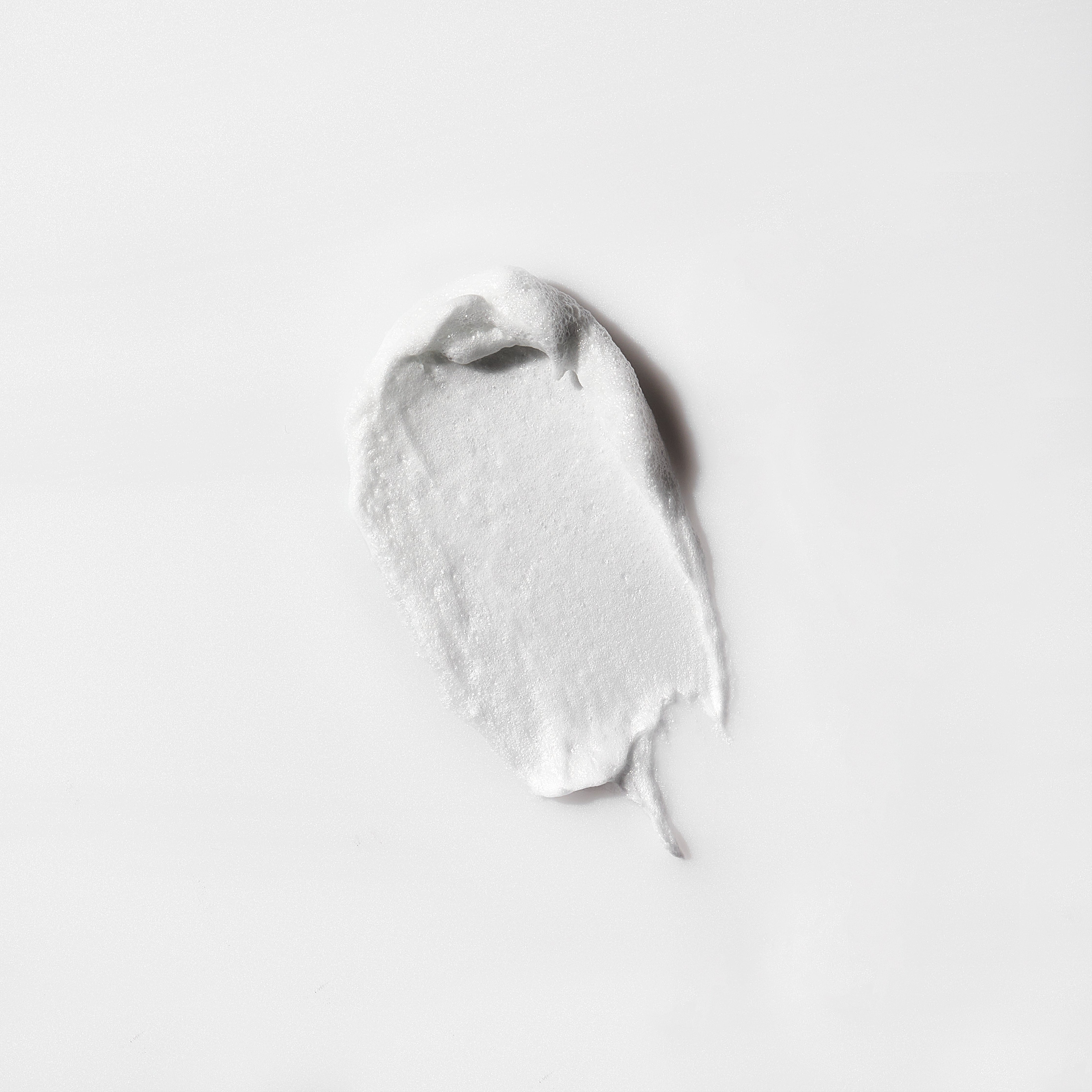Aesculus Hippocastanum, commonly known as horse chestnut seed extract, is a remarkable botanical ingredient gaining popularity in skincare. Rich in antioxidants and known for its powerful anti-inflammatory properties, horse chestnut seed extract helps enhance skin clarity, soothe irritation, and maintain overall skin health.
Natural Science of Horse Chestnut Seed Extract
The horse chestnut tree produces seeds rich in a compound called escin, along with flavonoids and antioxidants. Escin is known for its anti-inflammatory and vasoconstrictive properties, making horse chestnut highly beneficial for skin conditions involving redness, inflammation, and visible veins. The powerful antioxidants in this extract also help protect the skin from environmental damage and signs of premature aging.
Skin Benefits of Horse Chestnut Seed Extract
- Reduces Redness and Irritation: Escin calms inflammation and soothes irritated skin, effectively reducing redness and promoting a more even complexion.
- Strengthens Skin Barrier: Antioxidants in horse chestnut reinforce the skin barrier, improving hydration retention and resilience against environmental stress.
- Improves Circulation: Enhances microcirculation, diminishing the appearance of spider veins and promoting brighter, more radiant skin.
- Anti-aging Properties: Protects against oxidative stress, reducing visible signs of aging such as fine lines and wrinkles.
How It's Used
Nuebiome harnesses the power of horse chestnut seed extract in:
- Biome Balancing Creamy Cleanser: A gentle, soap-free cleanser designed to purify and soothe sensitive skin, supporting a healthy, balanced complexion.
Scientific Research & Evidence
Numerous studies validate the skincare benefits of horse chestnut seed extract. Clinical research confirms escin's efficacy in reducing inflammation, enhancing circulation, and providing antioxidative protection. Its anti-inflammatory effects have shown to significantly reduce redness and irritation, making it ideal for sensitive or inflamed skin types.
References
- Sirtori, C.R. (2001). Aescin: pharmacology, pharmacokinetics, and therapeutic profile. Pharmacological Research, 44(3), 183-193.
- Wilkinson, J.A., & Brown, A.M.G. (1999). Horse chestnut – Aesculus hippocastanum: potential applications in cosmetic skincare products. International Journal of Cosmetic Science, 21(6), 437-447.
- Bombardelli, E., & Morazzoni, P. (1996). Aesculus hippocastanum L. Fitoterapia, 67(6), 483-511.
